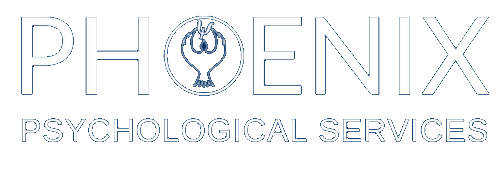Successful Conflict Resolution
Effective conflict resolution is not just about what we say, it is also about how well we listen and the way we present ourselves when we are communicating. When all of this is in harmony – we are able to understand other people’s needs, present our own respectfully, negotiate towards mutually beneficial outcomes and continue to build positive relationships with others. When the wheels fall off, – we often engage in defensive or aggressive ‘gap widening’ behaviours, make unhelpful statements, use ineffective communication strategies and find ourselves in a downward spiral.
The foremost assumption of this workshop is that most of us want to go to work, do a good job and get on well with others. When we find ourselves in conflict with another person or group, it is often a surprise to us and we may believe that the blame squarely rests with the other party. In this workshop we utilise the Team Management System or the Myers-Briggs Type Indicator as a starting point for understanding how we prefer to do our work and communicate, highlighting how this can fundamentally differ from others.

By the end of the workshop participants will:
- understand conflict dynamics;
- have an awareness of theirs and others work and communication preferences,
- have explored how our preferences can help and hinder team harmony and conflict resolution,
- be able to identify their needs through self-empathy and explore other people’s needs with empathy,
- be able to negotiate their needs with others, and
- change their contribution to a potential conflict cycle.
No current dates have been scheduled for this workshop.
If you would like to book an inhouse workshop:

